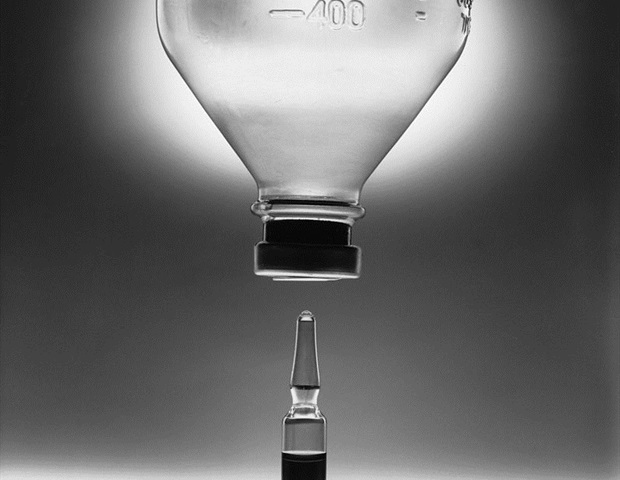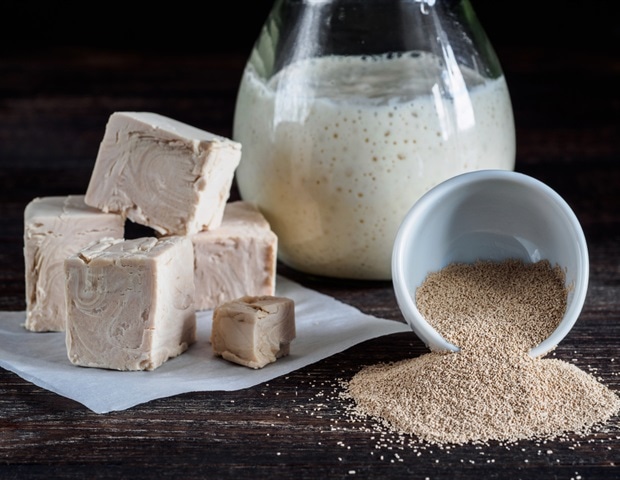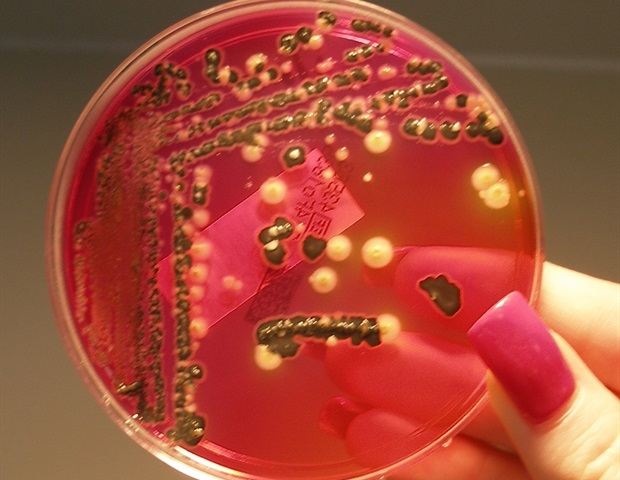has instituted strategic restructuring measures with a plan to focus on autoimmune programmes and carry out a workforce reduction. The company plans to fire 25% of its staff, which along with other cash reduction measures is expected to save Cue Biopharma $30m in operating expenses next year. The company added that following the restructuring its cash runway will extend to mid-2025.
Cue Biopharma’s stock has been on a decline since May 2020, and since the start of this year, it has decreased by more than 77%. The company’s market cap currently stands at $34.2m.
The company has also put its oncology programmes on the backburner and plans to pursue partnerships to continue the development of these candidates. “We intend to preserve the potential value of our clinical oncology programs by retaining requisite clinical capabilities to enable maturation of clinical survival data in the current ongoing Phase I trials of CUE-101 and CUE-102,” said Cue BioPharma’s chief executive officer Daniel Passeri. It has been a in biotech and several companies have been forced to .
Companies such as and have been forced to streamline their pipelines and fire staff to extend their cash runways. While companies such as and have fired a considerable portion of their workforce after their lead candidates proved ineffective. Access the most comprehensive Company Profiles on the market, powered by GlobalData.
Save hours of research. Gain competitive edge. Your download email will arrive shor.


















